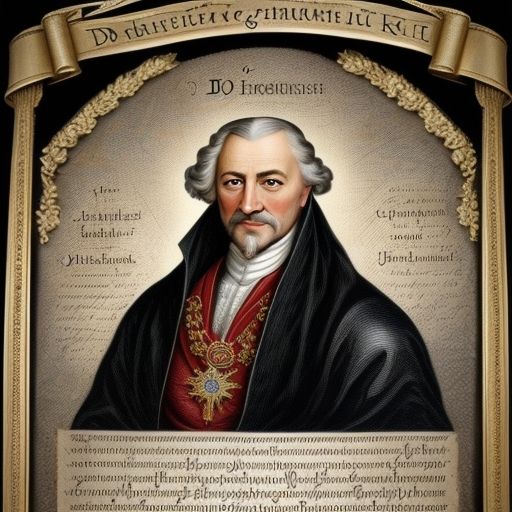How Historical Figures Shaped Modern Society: Unexpected Facts
Have you ever stopped to think about how the actions of historical figures from centuries past have shaped the world we live in today? From kings and queens to scientists and philosophers, each person leaves a unique mark on history that continues to resonate through the ages. In this article, we will explore some unexpected facts about how historical figures have influenced modern society in ways you may not have considered.
The Legacy of Alexander the Great
One such influential figure is Alexander the Great, who lived in the 4th century BC. Known for his military prowess and ambitious conquests, Alexander’s empire stretched from Greece to Egypt to India. His legacy not only expanded Greek culture and knowledge across vast regions but also laid the foundation for the spread of Hellenistic civilization. Through his conquests, Alexander facilitated the exchange of ideas, technology, and culture, fostering a diverse and interconnected world that paved the way for future globalization.
The Revolutionary Impact of Marie Curie
Marie Curie, a pioneering scientist in the late 19th and early 20th centuries, made groundbreaking discoveries in the field of radioactivity. Her work not only revolutionized our understanding of physics and chemistry but also laid the groundwork for modern medical treatments and technologies. Curie’s relentless pursuit of knowledge and her perseverance in the face of discrimination as a female scientist have inspired generations of women to pursue careers in STEM fields, shaping the landscape of scientific education and research today.
The Enduring Influence of Mahatma Gandhi
Mahatma Gandhi, a prominent leader in India’s struggle for independence in the early 20th century, championed nonviolent resistance as a powerful tool for social and political change. His philosophy of civil disobedience and peaceful protest not only led to India’s liberation from British colonial rule but also inspired movements for justice and equality around the world. Gandhi’s principles of satyagraha (truth force) and ahimsa (nonviolence) continue to resonate with activists and human rights advocates, challenging oppressive systems and promoting social justice globally.
The Evolution of Modern Democracy
The concept of democracy, as we understand it today, has its roots in ancient Greece, particularly in the city-state of Athens. In the 5th century BC, Athenian citizens participated in direct democracy, where they had the right to vote on laws and policies directly. This form of government laid the groundwork for representative democracies and constitutional systems that we see in modern societies. The principles of equality, rule of law, and civic participation that emerged in ancient Athens continue to shape the political landscape and individual rights in democratic nations worldwide.













